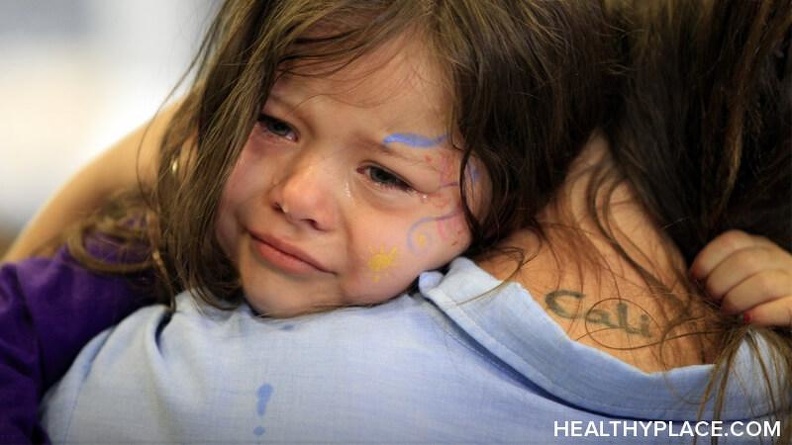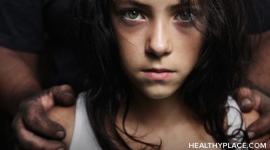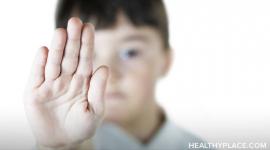Child Sexual Abuse: What Parents Must Know

Find out about the impact of sexual abuse on a child and how parents can prevent child sexual abuse.
Child sexual abuse has been reported up to 80,000 times a year, but the number of unreported instances is far greater, because the children are afraid to tell anyone what has happened, and the legal procedure for validating an episode is difficult. The problem should be identified, the abuse stopped, and the child should receive professional help. The long-term emotional and psychological damage of sexual abuse can be devastating to the child.
Child sexual abuse can take place within the family, by a parent, step-parent, sibling or another relative; or outside the home, for example, by a friend, neighbor, child care person, teacher, or stranger. When sexual abuse has occurred, a child can develop a variety of distressing feelings, thoughts, and behaviors.
No child is psychologically prepared to cope with repeated sexual stimulation. Even a two or three year old, who cannot know the sexual activity is "wrong," will develop problems resulting from the inability to cope with the overstimulation.
The child of five or older who knows and cares for the abuser becomes trapped between affection or loyalty for the person, and the sense that the sexual activities are terribly wrong. If the child tries to break away from the sexual relationship, the abuser may threaten the child with violence or loss of love. When sexual abuse occurs within the family, the child may fear the anger, jealousy or shame of other family members, or be afraid the family will break up if the secret is told.
A child who is the victim of prolonged sexual abuse usually develops low self-esteem, a feeling of worthlessness and an abnormal or distorted view of sex. The child may become withdrawn and mistrustful of adults, and can become suicidal.
Some children who have been sexually abused have difficulty relating to others except on sexual terms. Some sexually abused children become child abusers or prostitutes or have other serious problems when they reach adulthood.
Often there are no obvious physical signs of child sexual abuse. Some signs can only be detected on physical exam by a physician.
Sexually abused children may develop the following:
- unusual interest in or avoidance of all things of a sexual nature
- sleep problems or nightmares
- depression or withdrawal from friends or family
- seductiveness
- statements that their bodies are dirty or damaged, or fear that there is something wrong with them in the genital area
- refusal to go to school
- delinquency/conduct problems
- secretiveness
- aspects of sexual molestation in drawings, games, fantasies
- unusual aggressiveness, or
- suicidal behavior
Child sexual abusers can make the child extremely fearful of telling, and only when a special effort has helped the child to feel safe, can the child talk freely. If a child says that he or she has been molested, parents should try to remain calm and reassure the child that what happened was not their fault. Parents should seek a medical examination and psychiatric consultation.
Parents can prevent or lessen the chance of sexual abuse by:
- Telling children that "if someone tries to touch your body and do things that make you feel funny, say NO to that person and tell me right away"
- Teaching children that respect does not mean blind obedience to adults and to authority, for example, don't tell children to, "Always do everything the teacher or baby-sitter tells you to do"
- Encouraging professional prevention programs in the local school system
Sexually abused children and their families need immediate professional evaluation and treatment. Child and adolescent psychiatrists can help abused children regain a sense of self-esteem, cope with feelings of guilt about the abuse, and begin the process of overcoming the trauma. Such treatment can help reduce the risk that the child will develop serious problems as an adult.
Sources:
- All Family Resources
- American Academy of Child & Adolescent Psychiatry (Facts for Families, No. 9; Updated November 2014)
APA Reference
Peterson, T.
(2022, January 11). Child Sexual Abuse: What Parents Must Know, HealthyPlace. Retrieved
on 2026, March 1 from https://www.healthyplace.com/parenting/abuse/child-sexual-abuse



